Counselling children affected by child abuse is at the very heart of Hope House’s work. Our director, Judy Strickland is a Child Counsellor so it has always been her passion and the driving force behind much of the work done by Hope House. We spoke to Mandy Denoon-Stevens, an experienced counsellor at Hope House, about counselling children who have been abused.
Ten Questions with Mandy Denoon-Stevens of Hope House
Q.1 What is the situation regarding child abuse in the Western Cape?
A recent report (Optimus Study: Sexual victimisation of children in South Africa) reports that 1 in 3 young people have been sexually abused and that there is an equal chance of boys and girls being abused. Sexual and physical abuse of children affects every community, people group and every socio-economic group. There is an idea that poorer communities are more affected, but that is not true. Hope House is involved in tackling the social issues that contribute towards child abuse – we run parenting courses and counsel adults who battles with substance and alcohol abuse.
Q.2 Why do you think it is so high in our Western Cape society?
I think people are reporting physical and sexual abuse more, I don’t think that it has grown in number, but that we are seeing it reported more. Through awareness and education of our communities, people are more aware of sexual abuse and so are reporting it more. Poor parenting skills, single parent households and substance abuse also contribute to child abuse.
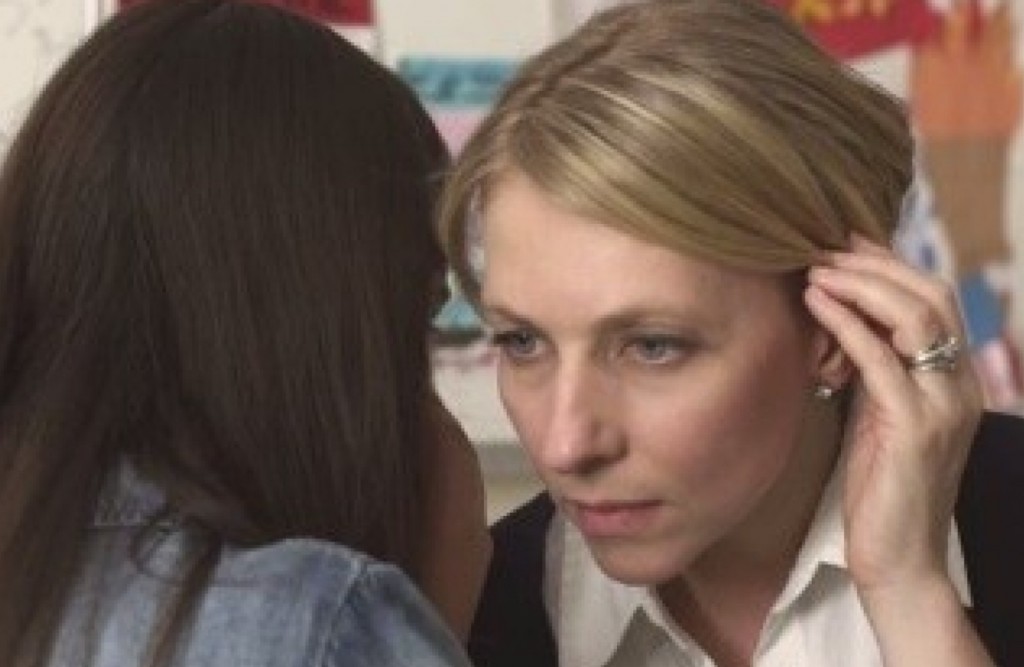
Q. 3 What role does counselling play in the healing of physical and sexual abuse?
Counselling plays an important role in healing a child after abuse:
– It gives a child a safe and non-judgmental space to learn to trust again;
– It helps a child express the difficult emotions like anger and shame freely;
– Counselling helps re-educate a child as to what is normal behaviour;
– and it offers a place to work out the trauma of the event, so it doesn’t affect other relationships and a child’s ability concentrate at school.
A child normally needs about 6 to 10 sessions to start to even trust a counsellor and then another 10 sessions beyond that to start to express their emotions and learn how to handle what has happened.
Adults vary as to how many sessions are needed, as often there is further abuse and tough life experiences due to the effects of the initial child abuse. However the rewards of counselling are great even when an adult seeks counselling 30 years on.
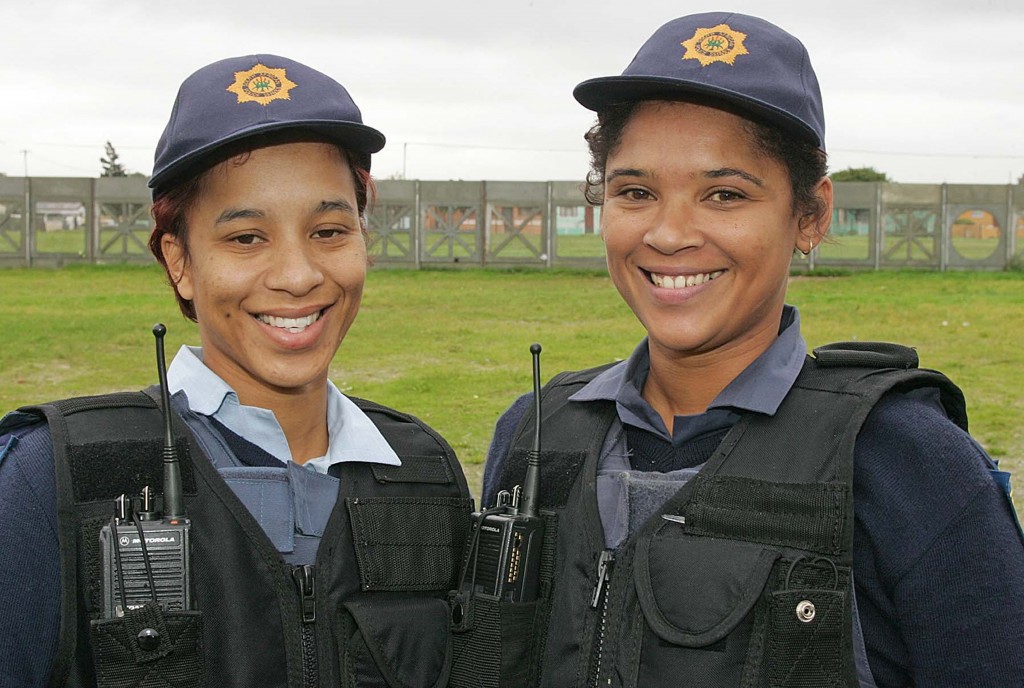
Q.4 What steps should I take if I discover a child has been abused?
The first thing you can do is hear them and listen to what the child says, take time to listen and hear the child. That first contact is critical for the journey of healing. It establishes trust and the communication pattern with the child. The next is to report to the police. By law you are obligated to report the event or pattern of abuse to the police if you hear first-hand of a child being abused. You can read more about the detailed process here. A case will then be opened by the police. In most cases the police will send you to one of their counsellors. A district hospital like Victoria Hospital has a Forensics expert at their centre which is private and geared towards protecting the rights and safety of survivors of abuse. The other option is to report to a designated social worker e.g. Badisa, Department of Social Development or Cafda. You can also phone Rape Crisis or Rapcan. Finally, the child will be asked to see a doctor for forensic evidence.
The prosecution process is lengthy and takes times for court cases and investigations to happen. As much as the child needs counselling, the family itself should go for counselling to process their own trauma around the abuse. In this way they will provide a safe place for the child to heal.
SA Police – 08600 10111Rapcan (Cape Town) – 021 712 2330
Childline (South Africa) – 0800 055555 (Toll free, 24 hour)
Childline (Western Cape) – 021 762 8198 / 021 461 1114
Rape Crisis (Cape Town) – 021 447 1467
Counselling
Q.5 Where does counselling come into this? When is the best time for a child to get counselling?
Immediate counselling is definitely best for a child who has been abused. I would strongly advise that a child have a first session within two days of the abuse. This does not mean that counselling at a later stage is not effective, its just so important to allow a child to express and process his or her feelings right after the event.
Q.6 What counselling options are available in Cape Town if a child is abused?
Counselling is offered at Cafda, Rapcan, Lifeline, Safeschools, Police trauma centres offer a small amount of counselling, child forensic protection also offers some counselling. Social workers also offer some counselling to the clients they see.
How is a very young child counselled?
Its always important to speak a ‘client’s’ language so they feel comfortable expressing very difficult feelings and telling tough stories. They child’s natural language is ‘play’, not speaking out as adults often do. They simply do not talk.
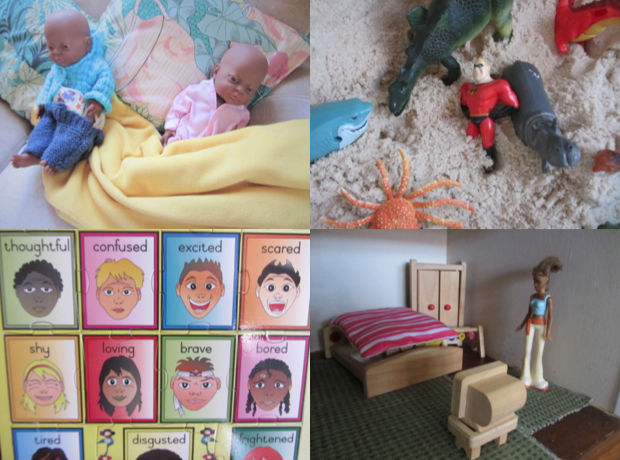
s about the child giving a baby doll a bottle, giving the toy doll a hug or some care, the child is showing off the very care that they need themselves in order to heal.
This play is used to:
– Help the children to bring their emotions of anger and shame out – and to give them a safe, non-judgmental place to express these often unaccepted feelings that are a result of child abuse.
– Retrain the sexual behaviours of children who have been groomed by sexual offenders or paedophiles. They often have a difficulty separating what is normal sexual behaviour and what is dysfunctional. This is re-taught through play, it’s all done by entering into the child’s imagination.
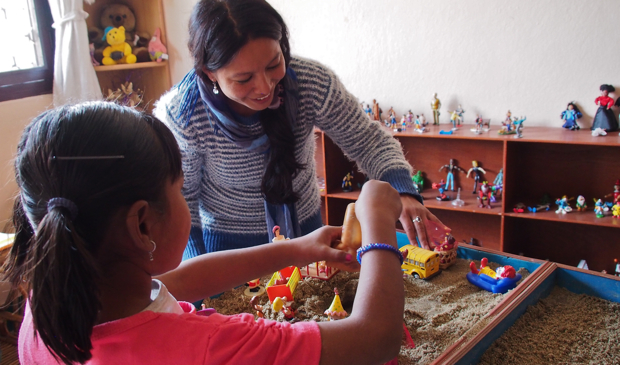
Q.8 How much experience and training does a Counsellor need?
We really insist that our counsellors have a high level of practical experience. They are often trained at SACAP or Cornerstone, where the focus is the practical and not just the theoretical. We also train counsellors here at Hope House, running courses in Play therapy in order to treat child abuse. Red Shoe Training with Rinda Blom and Dr Hannie Schoeman also offer excellent courses on Play Therapy. Its is not quite so much the experience, but the emotional capacity of what a counsellor can handle when they are processing the extreme trauma of childhood abuse.
Hope House offers counselling to 35 cases of child abuse a week – held back simply by the shortage of experienced counsellors. There is a profound need for more child abuse counsellors.
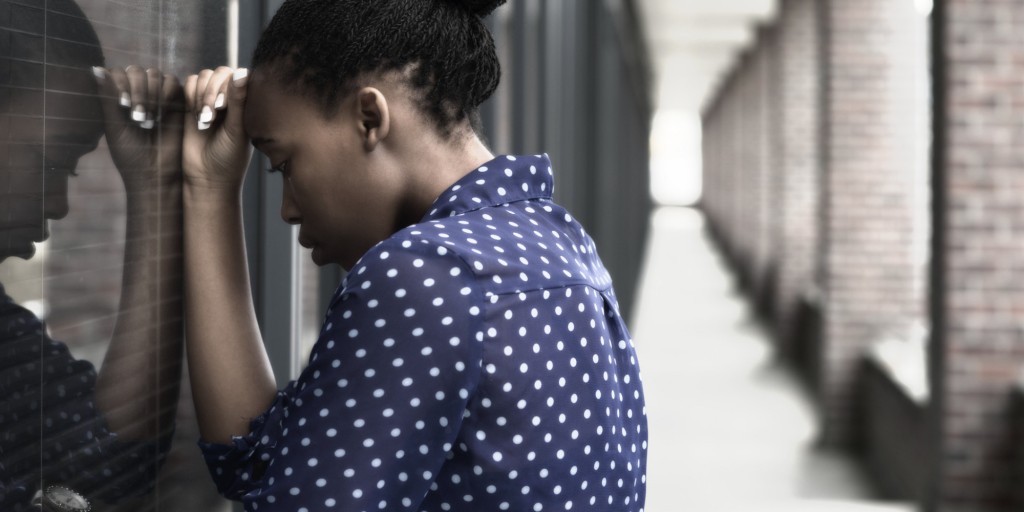
Without Counselling
Q.9 What happens if a child does NOT receive counselling?
Abuse, especially sexual abuse, generates great feeling of shame and anger. Every person is different in their response to child abuse but we can see patterns as that child grows up.
In general there is:
– emotional ‘flatlining’ or disassociation of emotions – where the child cuts off from his or her emotions;
– Post Traumatic Stress Disorder (nightmares, easily frightened, bedwetting, reactive to new trauma);
– possible ‘acting out’ and abusing other children
– and a lack of trust in people which affects relationships with family, friends and future partners.
With child sexual abuse it often plays out in two extremes later:
Its extraordinary how many different reactions there are. Adults respond in different ways:
– due to the shame and fear felt as a result of the child abuse, a teen or adult may respond by avoiding all intimate relationships and staying alone for many years or
– a child may become promiscuous or sexually active from a very early age, not knowing proper boundaries and what normal sexual behaviour is.
– most worrying, an adult who has been abused as a child is more likely to abuse children themselves as this is what they see as ‘normal’ sexual behaviour or response to conflict and anger.
In an adult where the pain and trauma has been suppressed we may also see low self-esteem, that an adult will often put on weight or dress down in order to draw attention away from themselves – almost as if looking good will attract that destructive attention again.
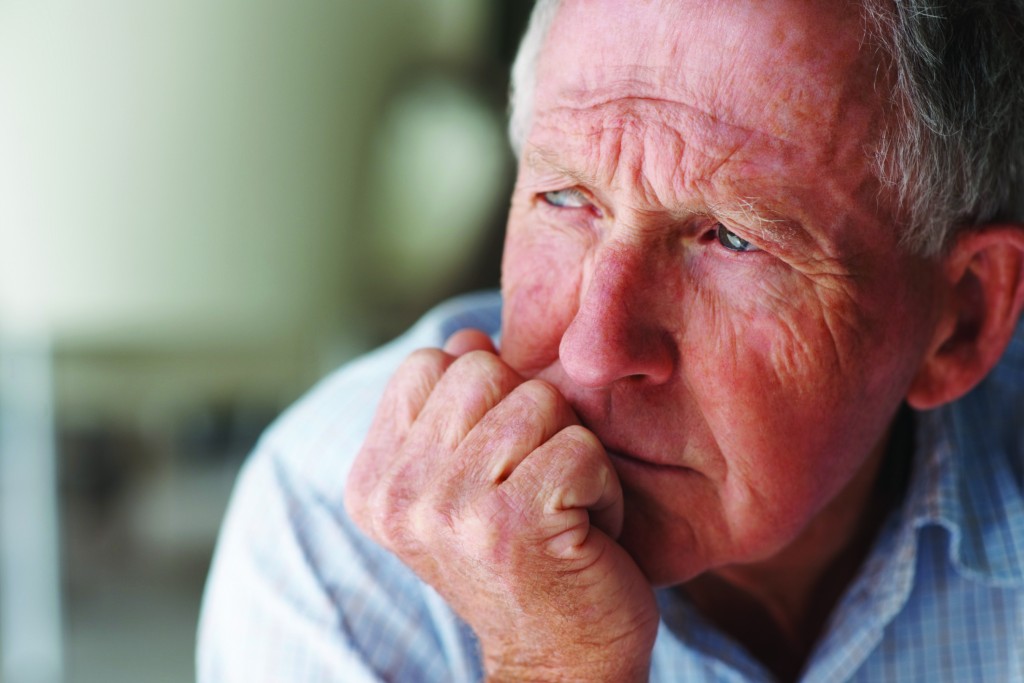
Q. 10 What would you say to an adult victim of child abuse? What healing can be
offered to them?
To adult victims of abuse I say, “Take the time to go for counselling, it will take time but you need to face the pain, bring it out of the darkness, because that weight is draining energy from you. There is a lot of loss and grief when somebody has abused you. I encourage you to share so you can heal from this and recover what you have lost.”
We see people come back after the first session where they have been able to share their big secret (of child abuse) with their counsellor and they are totally changed, like a huge weight has been taken off them. Hope House and all good counsellors offer a safe place where these secrets can be expressed and brought out into the open safely.
Hope House feels a special calling towards helping children to heal from the pain and trauma of child abuse. Contact us today to make an appointment if you or someone you know has been a victim of abuse.

